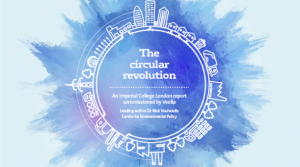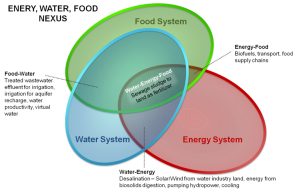Follow my blog with Bloglovin
Our research focuses on environmental pollution by hazardous substances, e.g. biocides, pesticides, endocrine-disrupting chemicals and pharmaceuticals, and impacts of pollutants on ecosystems and human health. Encouraged by our research findings having an impact on environmental decision-making and policy on environmental quality, climate change and human health, we see impacts to society, community participation in science and links between environmental behaviour and public perception as research areas increasingly associated with our work. For example the concept of public participation in collection of useful environmental quality data that we piloted through the Opal Soils project will provide a unique opportunity to deliver new tools and opportunities for the ‘Big Society’ concept and citizen science as a tool.
Initial research in ecosystem services and the increasing complexity of the science to be communicated to policy audiences, has led to exploration of the ways that communities (stakeholders, scientists, policy-makers etc) solve ‘boundary’ problems by negotiating and modifying boundary judgments, and the potential for computer modelling to inform public debate and policy-making to enhance science-policy interaction.
More recent work has expanded these themes and has centred on developing the concepts and conflicting demands of the water-energy-food nexus, where each is inextricably bound to the others, providing escalating environmental, social and financial challenges such that only a major shift of mindset and an investment in interdisciplinary modes of action will have any chance to resolve the problems. In this context, and linking back to earlier research, is the investigation of the benefits of “closing the loop” with direct reuse of treated wastewater effluent either directly (groundwater recharge/drinking water input) or via agriculture (irrigation) or energy generation (cooling water). A further development from this is a fuller exploration of chemicals in the hydrological cycle so that not only water but also chemicals such as phosphorous, heavy metals or precious metals may be recovered from wastewater treatment and sludge processes, “closing the loop” in a different way and turning waste from a burden into a resource.


I really appreciate it.
Great website! It looks very good! Maintain the great job!|
You’re so awesome! I don’t think I’ve read a single
thing like that before. So good to discover someone with some unique thoughts on this issue.
Really.. many thanks for starting this up.
This web site is something that is needed on the web, someone with some originality!
You’re a really valuable website; could not make it without ya!|
Wow, such a valuable site.|
Great website! It looks really good! Keep up the good work!|
Thank you! This a remarkable internet site!|
Love the website– extremely individual pleasant and lots to see!|
Wow, attractive website. Thnx …|
Great internet site! It looks very professional! Keep up the great work!|
You’ve terrific stuff at this point.|